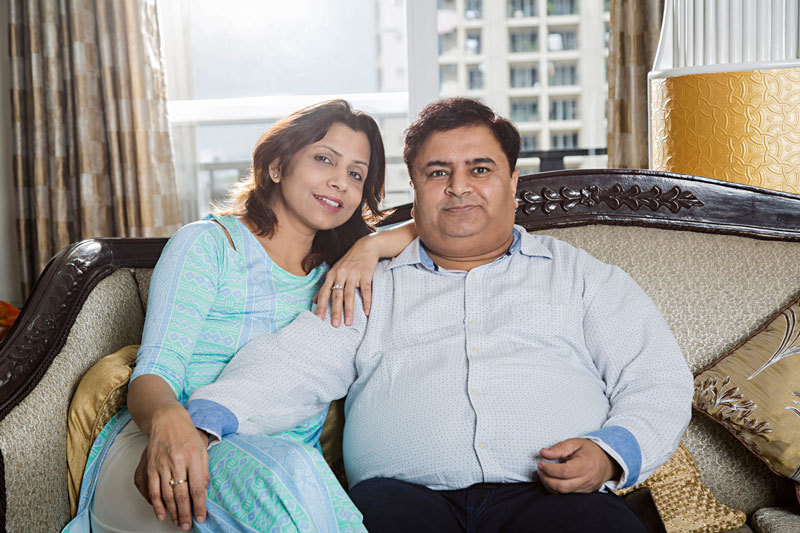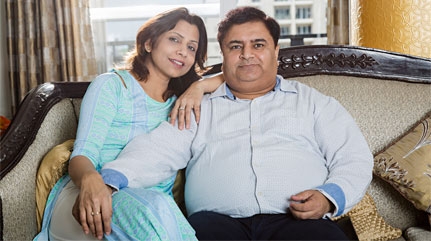
According to the National Family Health Survey, the prevalence of obesity in India has significantly increased in recent years, with one in five adults now classified as obese. In urban areas, the prevalence of obesity is even higher, with nearly one in four adults classified as obese.
One of the main contributors to this problem is the urban lifestyle in India. With the rise of technology and sedentary jobs, people are leading more inactive lifestyles, which can lead to weight gain. Additionally, fast food and processed foods have become more prevalent in urban areas, replacing traditional Indian diets that were once rich in fruits, vegetables, and whole grains.
The rise of obesity in India is a complex issue with multiple contributing factors. However, for many individuals struggling with severe obesity, bariatric surgery can be an effective solution. But what exactly is bariatric surgery, and who is a good candidate for it?
Bariatric surgery is a type of surgery that helps to achieve significant and sustained weight loss in individuals who are severely obese. It involves altering the digestive system to restrict the amount of food a person can eat. There are several types of bariatric surgeries, including gastric bypass, sleeve gastrectomy, and adjustable gastric banding, among others.
Now, who is a good candidate for bariatric surgery? Generally speaking, bariatric surgery is recommended for individuals who have a body mass index (BMI) of 40 or higher or a BMI of 35 or higher with obesity-related health issues, such as type 2 diabetes, high blood pressure, or sleep apnea. However, each patient is unique, and factors such as age, medical history, and lifestyle habits should also be taken into account when determining eligibility for bariatric surgery.
Bariatric surgery is not a quick fix for weight loss. It requires a significant commitment from the patient to make permanent changes in their diet and exercise habits. Patients should also have a support system in place to help them through the post-surgery recovery period and beyond.
Of course, bariatric surgery is not without risks. As with any surgical procedure, there is a risk of complications, such as bleeding, infection, and blood clots. Patients should discuss the potential risks and benefits of bariatric surgery with their doctor before making a decision. In most candidates, the benefits far outweigh the risks. In addition to weight loss, bariatric surgery can also lead to improvements in other health issues related to obesity, such as type 2 diabetes, high blood pressure, and sleep apnea. Patients may also experience improvements in their quality of life, such as increased energy and mobility.
It is important to note that bariatric surgery should be seen as a tool to assist in weight loss, not a replacement for healthy habits. Patients must commit to making permanent lifestyle changes, including adopting a healthy diet and regular exercise routine, to achieve and maintain weight loss.
For individuals struggling with severe obesity in India, bariatric surgery can be an effective solution to achieve significant and sustained weight loss. With the right approach, bariatric surgery can help patients achieve a healthier, happier life and combat the rising problem of obesity in India.
Dr. Mahendra Narwaria is a renowned bariatric surgeon based in Ahmedabad, India. He is known for his expertise in laparoscopic and robotic bariatric surgery and has performed over 6000 surgeries to date. Dr. Narwaria is committed to providing personalized care to his patients and helping them achieve their weight loss goals.


